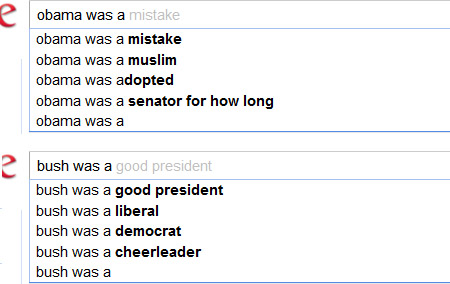In this interactive challenge, see if you can guess what makes the system change its decision.
DISCUSS After completing this interactive challenge share one of the following:
- an observation about the process of completing the activity (the interactive challenge)
- a question that arises from the activity
- a concern that arises from the activity.
